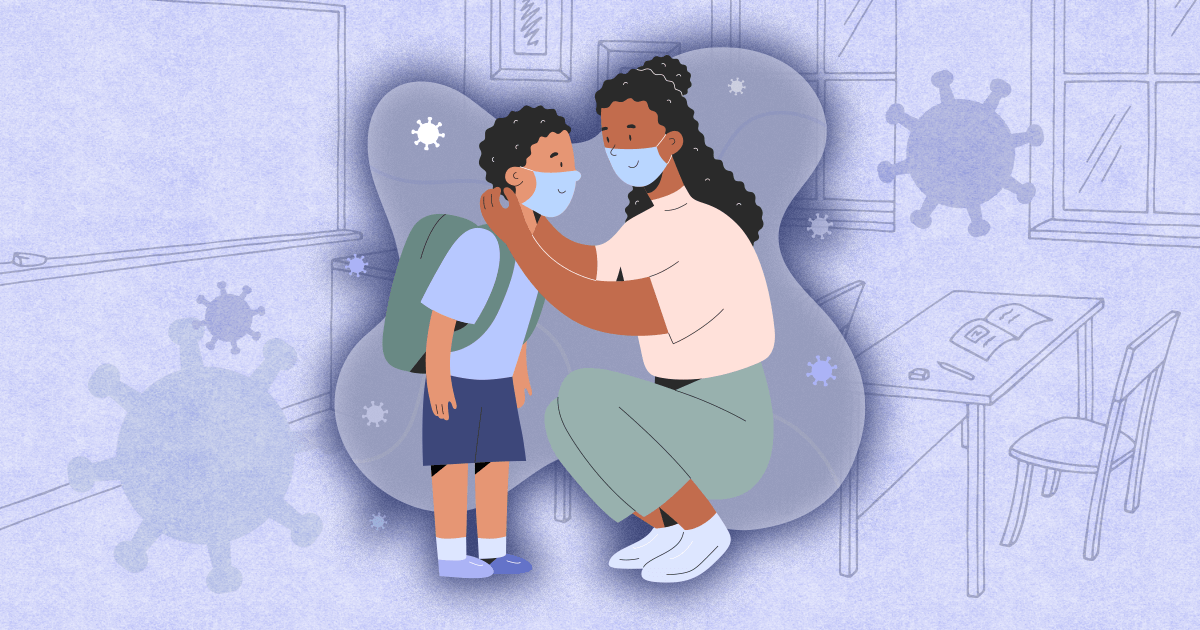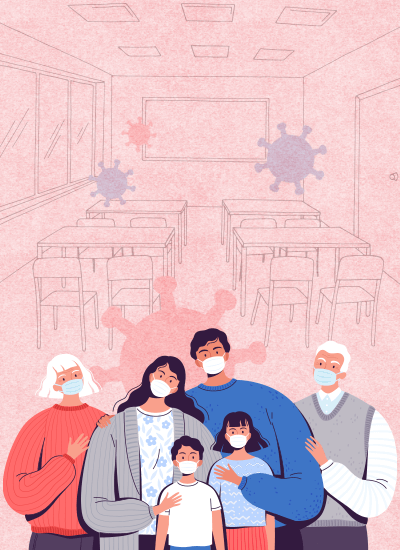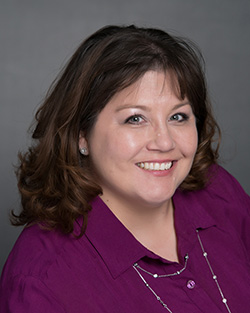
“Speech has power. Words do not fade. What starts out as a sound, ends in a deed.”
Most children, especially those who have not yet reached puberty, are concrete thinkers. They will absorb your words as reality.
These days, challenging subjects fill our conversations. As we have those conversations about our children and with them, my call to you is to speak and react with care, so kids can thrive in our new and changing realities and feel safe.
We’ve talked about being candid and honest with our feelings during stressful times, but this time we are taking a slightly different approach. Sometimes, as parents, you need to create a safe space for your children to feel OK in. This is one of those times.
As we start to look toward the new school year, difficult decisions loom front and center. Everyone wants to do what’s best for their children. Some of us will make the decision to send our children back into schools. And this is where we need to choose our words with care.
Even if you hate the idea of sending your child back into school, you would not voice that in front of them. You can choose the words and attitudes you use with care because, remember, whatever message you send to your child, they are going to pick it up and internalize it. So, instead of “I wish you didn’t have to go back to school,” try “I would love to be home with you; however, school is important and I want you to have the best education you can get.” This wording creates a concrete thought or foundation for your child to learn that school is good and going to the building is valuable.
I also recommend that you carefully prepare them for the new procedures they might encounter in their new school life — for example, wearing a mask. Most likely, your child will be expected to wear a mask at some point, either in school or out in public. Prepare them now. Do not wait until the week or day before returning to school to hand your child a mask and expect them to know what to do with it. This is a task they need to learn, and it is up to you to teach them correctly.

The CDC recommends this simple set of steps to ensure you’re wearing your face covering correctly:
This is no different than teaching them not to walk out into traffic. It doesn’t matter what anyone else is doing, you’re trying to keep your child safe. You can explain to them that a mask is a tool that they need to use. This is where you choose your words with care. Depending on the age of your child, you might try something like “This is an important tool, but it only works if you use it correctly. Let’s practice.” This creates the foundation that a mask is a tool and not to be played with. Have your child wear their mask for a period each day for a few weeks, so they can get used to how it feels to live with it on.
If you disagree with masks but plan on putting your children in settings where they will have to wear them, hearing your opposition will not help them handle those situations. If you have given your child the foundation that masks are unnecessary, they will be less likely to wear them — even when they have to.

The same approach applies if you decide that your child won’t wear a mask. You need to fill your words with care and explain to them what they need to do when others are wearing masks and try to make them wear one. There will be places your child won’t be allowed to go into and activities they will not be able to participate in without a mask, so you will need to have your careful words ready for those moments.
If you think you might have said some things that have already created a foundation you don’t want your child to have, you can still fix it. You do this by owning your own behavior. This is where you chat with them and explain your views and how you, as a family, will handle these things.
For example, if you have refused to wear a mask but now find out your child will have to have one in school, you can explain, “I haven’t worn a mask, and I know you have seen that. When you go back to school you will need to wear one. What do you think about masks?”
Then find out where your child is on the subject. You could find out that they have wanted you to wear one. In this case, you might need to start wearing one or explain to them why you will choose not to wear one but still expect them to wear one for school. You could find out they don’t have a problem with masks and are OK with wearing one. Or you might find out they don’t think they need one.
This is where the words of our opening quote, from acclaimed theologian and philosopher Abraham Joshua Heschel, becomes reality: “Speech has power. Words do not fade. What starts out as a sound, ends in a deed.”
The words you use have power and will end up impacting your child’s actions. If you try the “I am the adult, and I said you will wear one,” well, think about how well you reacted to that! Typically, the second that child is out of your sight, the mask will be off and gone. However, explaining to them that this is a new school supply they need to use to help keep them safe, and that you would like them to wear one, will make a much stronger impact on their behavior. Kids like to know they are doing the right thing and like to know they are making their parents proud.
By choosing your words carefully you can help your child feel more empowered, secure, and confident in this world we are in, no matter how out of control it may be.

Jamie, American Mensa’s Gifted Youth Programs Manager, has been a state-licensed teacher for more than 15 years. She received her Gifted Education certification in 2016. She was recognized as the 2008 Teacher of the Year at Bowie Middle School in Amarillo, Texas, and was a finalist for the 2011 Texas Speech Communication Association’s Teacher of the Year.